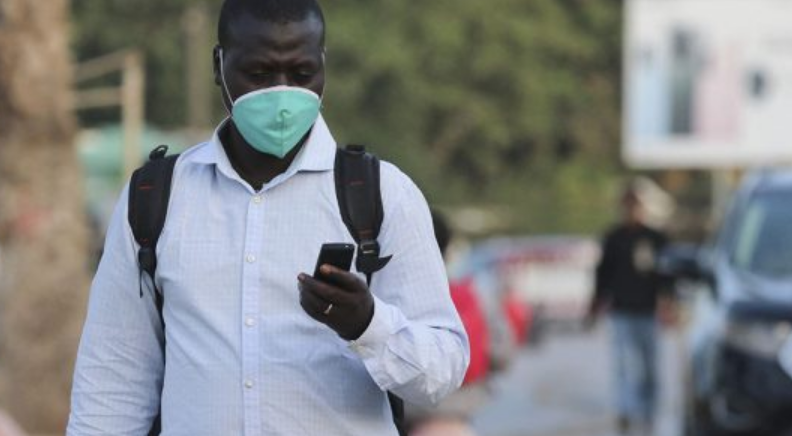In the midst of the pandemic, the focus of the International Development Association (IDA), one of the institutions that make up the World Bank, is twofold. We are doubling our emergency assistance to Africa in response to the crisis, by helping to strengthen health systems as well as financing the procurement and deployment of vaccines. At the same time, we are providing more support to these countries as they plan for a strong, green and inclusive recovery.
More than a year ago, when it became clear that the pandemic would have a huge impact on the world’s most vulnerable people, we acted quickly and provided the world’s poorest countries with a very large share of the aid that IDA provides over a three-year cycle. Thirty-nine of the 74 recipient countries are in Africa.
We will be meeting with donors to discuss the three-year replenishment of IDA one year earlier than planned.
Between April 2020 and June 2021, we provided an unprecedented $41bn in aid to the African continent. Most of this has gone towards addressing the challenges posed by Covid-19, in particular, saving lives, protecting the poor, creating jobs and building back better in the wake of the crisis. Billions of dollars have been allocated to health-related spending.
Vaccines for 400 million Africans
We also recently partnered with the African Union’s Africa Vaccine Acquisition Task Team to fund the purchase of Covid-19 vaccines for as many as 400 million Africans. The process has moved very quickly, as the first vaccine doses are expected to be delivered within the next few weeks.
The article continues below

Free download
Get your free PDF: Top 200 banks 2019
The race to transform
Complete the form and download, for free, the highlights from The Africa Report’s Exclusive Ranking of Africa’s top 200 banks from last year. Get your free PDF by completing the following form
The IDA is the main source of financing for low-income African countries. It provides either long-term interest-free loans or grants, the latter of which exceeded $10bn in the past year. The IDA’s support helps countries cope with the effects of the crisis and address current challenges related to long-term development, fragility and climate change.
This level of financial support is not temporary. It represents a structural change in the World Bank’s partnership with Africa, as the bank’s level of commitment has risen from 15% of its annual lending programme 20 years ago to 45% today. Over the past five years, the World Bank has committed $106bn to Africa and increased its staffing levels in African countries by more than 40%.
Evolving needs
The World Bank’s interventions are intended to be comprehensive and inclusive, as the institution is determined not to leave any country behind. In Sudan, for example, we recently helped the authorities to end decades of financial isolation and re-engage with the international community. This has allowed us to launch a major poverty reduction programme in the country as well as a debt relief project that will ultimately reduce Sudan’s debt by more than 90%.
More broadly, we are finding ways to continue working in countries affected by fragility and conflict, in close coordination with our United Nations partners on the ground. Instead of withdrawing, we have decided to keep providing much-needed support to these countries; this has increased by 50% over the past year to nearly $15bn.
Although the IDA is heavily involved in helping countries deal with the pandemic and other crises – such as locust infestations, drought and armed conflict – its ultimate goal is to promote sustainable economic and social development.
As needs of these countries are constantly evolving, the World Bank hopes that African leaders will soon start providing ideas and guidance on how it can best support the continent’s long-term ambitions.
Drivers of recovery
We will be meeting with donors to discuss the three-year replenishment of IDA one year earlier than planned. Ideas from African partners are having a significant impact on the next cycle’s strategic direction, as greater emphasis will be put on several critical areas: job creation, stimulating private-sector development, bridging the digital divide, expanding access to energy and strengthening regional integration.
The Abidjan summit provided an opportunity to discuss the drivers of Africa’s recovery and longer-term development prospects. It determined the direction of the IDA negotiations, as we expect that about two-thirds of the resources gathered from the next round of IDA refinancing will be allocated to Africa.
Furthermore, the discussions motivated us to raise more funds, as the needs are very large and the consequences of inaction could seriously damage the continent’s long-term prospects. The challenge is to act now, to help Africa to build back better and improve the lives of its people.
